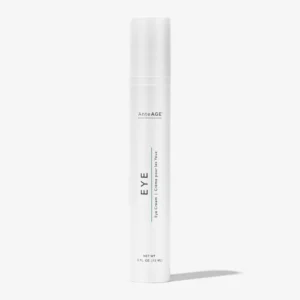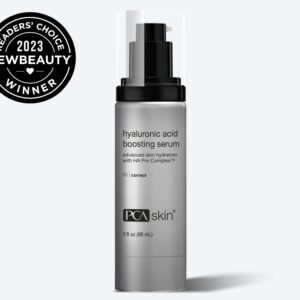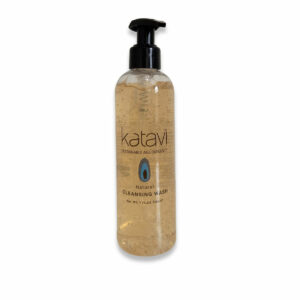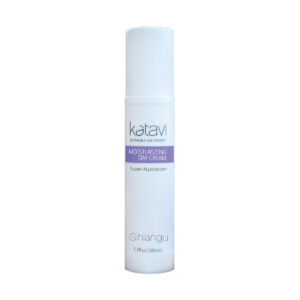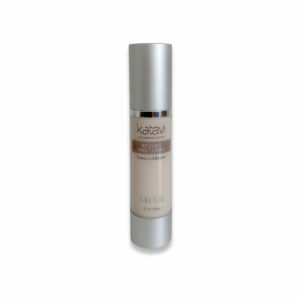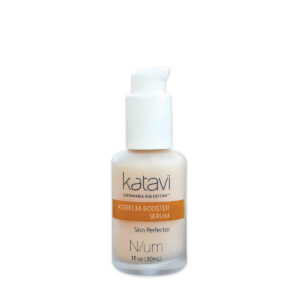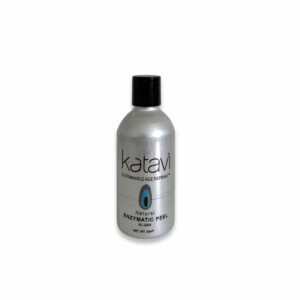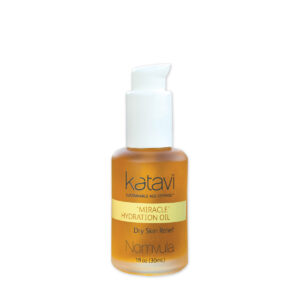Collagen and Skin Elasticity
Skin elasticity and collagen are closely related concepts that are important for maintaining healthy skin. Collagen is a protein that provides structure and support to the skin, as well as helping it to retain moisture. As we age, our bodies produce less collagen, leading to a loss of skin elasticity, wrinkles, and sagging skin. Other factors that can affect collagen production and skin elasticity include exposure to the sun, smoking, and poor nutrition. However, there are things we can do to promote healthy collagen levels and improve skin elasticity, such as eating a balanced diet, avoiding excessive sun exposure, and using skin care products that contain ingredients that support collagen production.
What is Collagen
Collagen is a type of protein that is found in the connective tissues throughout the body, including in the skin, bones, tendons, and cartilage. It is the most abundant protein in the human body, making up around 30% of the total protein content. Collagen provides structure and support to these tissues and helps them to maintain their shape and strength. In the skin, collagen is responsible for providing elasticity and firmness, as well as helping to retain moisture. As we age, our bodies produce less collagen, which can lead to wrinkles, sagging skin, and other signs of aging. There are many different types of collagen, each with its own unique properties and functions.
Normal Collagen Production
Collagen production is influenced by various factors, including genetics, age, diet, and lifestyle. To support healthy collagen production, it is recommended to maintain a balanced diet rich in protein, vitamin C, and other nutrients that support collagen synthesis. Additionally, avoiding smoking, excessive sun exposure, and other factors that can damage collagen can help to promote healthy collagen levels in the skin. There are also topical treatments that contain ingredients such as retinoids and peptides that can help to stimulate collagen production in the skin.
Peptides for Collagen Production and Better Skin
There are several peptides that have been shown to be effective in stimulating collagen production and improving skin elasticity. Here are three popular ones:
- Matrixyl: Also known as palmitoyl pentapeptide-4, Matrixyl has been shown to increase collagen production and improve skin elasticity. It works by stimulating the production of collagen and other extracellular matrix proteins in the skin.
- Copper peptides: Copper peptides are a group of peptides that contain copper ions. They have been shown to improve skin firmness, elasticity, and reduce the appearance of wrinkles. Copper peptides work by stimulating collagen and elastin production and promoting skin regeneration.
- Tripeptide-1: Tripeptide-1 is a peptide that has been shown to stimulate collagen synthesis and improve skin elasticity. It works by activating TGF-beta, a growth factor that plays a key role in collagen production.
While these peptides have shown promising results in clinical studies, it is important to note that individual results may vary and that there is no one-size-fits-all solution for improving collagen production and skin elasticity. It is always a good idea to consult with a dermatologist or skincare professional to determine the best treatment plan for your individual needs.
Peptides for Collagen snippet
Matrixyl, Copper Peptides, and Tripeptide-1 are effective peptides for collagen production, helping to improve skin elasticity and reduce fine lines and wrinkles.
Related items..
-
AnteAGE® Overnight Brows Serum 3.5ml
$75.00 -
AnteAGE® Eye (15ml)
$105.00 -
PCA Skin Hyaluronic Acid Boosting Serum 3oz
$315.00 -
Katavi Radiant-S Facial Serum NEW
$55.00 -
Katavi Natural Cleansing Wash
$33.00 -
Katavi Moisturizing Day Cream
$43.00 -
Katavi Tula Tula – Intensive Night Care
$43.00 -
N/um – Kigelia Booster Serum
$46.00 -
Katavi Hluba – Enzymatic Peel
$30.00 -
Katavi Miracle Hydration Oil
$40.00
Get Your Learn On





